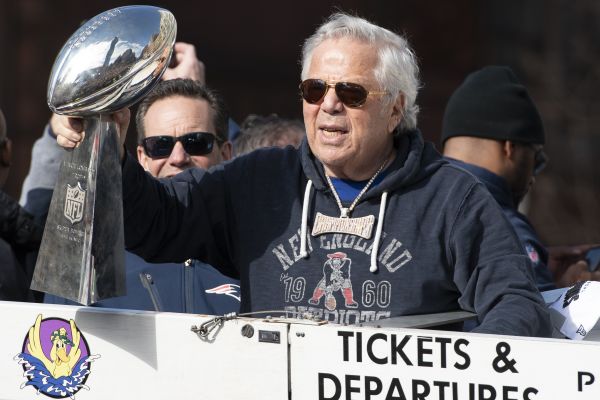By Wanjira Banfield; TheGrio.com
A casual trip by two celebrities to a foreign land has single-handedly awakened a 50-year-old sleeping giant.
Cuba is an exotic island surrounded by a pulsating culture, an exhilarating lifestyle and pure vintage charm. It’s no wonder musical sensations Jay-Z and Beyoncé chose this island to celebrate their fifth wedding anniversary.
However, unlike the islands of The Bahamas or St. Bart’s, visiting Cuba is probably one of the most controversial high-profile moves the two superstars could have made.
The U.S. vs. Cuba
To understand why this innocuous visit has snowballed into front-page news, one must understand the politically-charged relationship between the Cuban and U.S. governments. To this day, U.S. citizens are not allowed to travel to Cuba for solely tourism purposes; that includes leisure trips that include spending any money.
Since 1960, soon after Fidel Castro came into power, harsh travel laws were implemented on U.S. citizens who wished to travel to the communist island. These restrictions included tourism, economic, trade, financial and commercial sanctions. These restrictions were set in place because the Cuban government repudiated a move towards democracy for its people and a respect for human rights.
According to the U.S. Department of State, the regulations “require that persons subject to U.S. jurisdiction be licensed in order to engage in any travel-related transactions pursuant to travel to, from, and within Cuba, or that the transactions in question be exempt from licensing requirements. Transactions related to tourist travel are not licensable. This restriction includes tourist travel to Cuba from or through a third country such as Mexico or Canada. U.S. law enforcement authorities enforce these regulations at U.S. airports and pre-clearance facilities in third countries. Travelers who fail to comply with Department of the Treasury regulations could face civil penalties and criminal prosecution upon return to the United States.”
Although the restrictions to travel to Cuba are quite stringent, there have been limited travel rights granted for journalistic related trips, academic, religious and cultural exchange journeys, also known as people-to-people trips. These licenses to engage in cultural travel to Cuba were created under Clinton administration back in 1999. The issuance of these licenses ended in 2003 under the travel restrictions executed by the Bush administration.
These cultural trips were later re-established by the current administration in 2012 in an attempt to encourage more contact between Americans and citizens of Cuba. There are U.S. citizens that often find loopholes around these enforceable regulations by entering Cuba from other islands such as the Cayman Islands, Cancun, Nassau and even the Bahamas. However, there are severe fines and penalties if violators are caught.
TO CONTINUE READING, VISIT THEGRIO.COM



